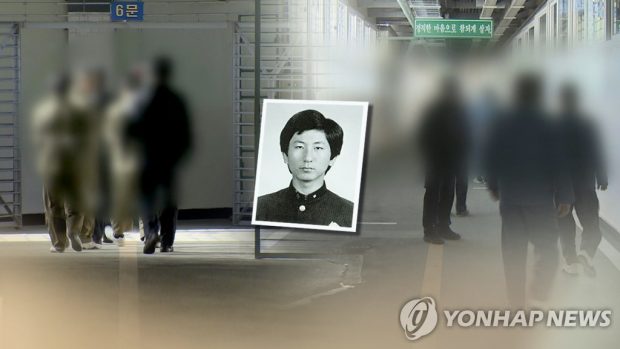
Hwaseong serial murder case rekindles debate over death penalty in South Korea

Seoul: For Chang Seong-hwan, the fact that his wife became the victim of a murder eight years ago is still a deep emotional wound that cannot be healed with the passage of time.
Attending a hearing on the death penalty arranged by the national human rights watchdog in May, Chang stressed the need to retain capital punishment to deter heinous crimes.
“I lost my beloved wife in 2011 due to the crime. I don’t understand why a criminal who brutally killed an innocent person is allowed to be alive,” he said. “Capital punishment is needed to raise awareness against murders.”
South Korea retains the death penalty but has not carried it out since December 1997, making it a de facto abolitionist country.
An “unofficial” moratorium has been in place since February 1998, when former late President Kim Dae-jung — who was sentenced to death in 1980 but later pardoned — took office. Currently, there are 61 inmates on death row in the country.
A debate over the death sentence is nothing new here. But it has recently gained fresh traction with the discovery of a prime suspect in the country’s worst serial killings, which took place about 30 years ago.
One of the worst cold cases appears to be emboldening both retentionists and abolitionists.
YONHAP


